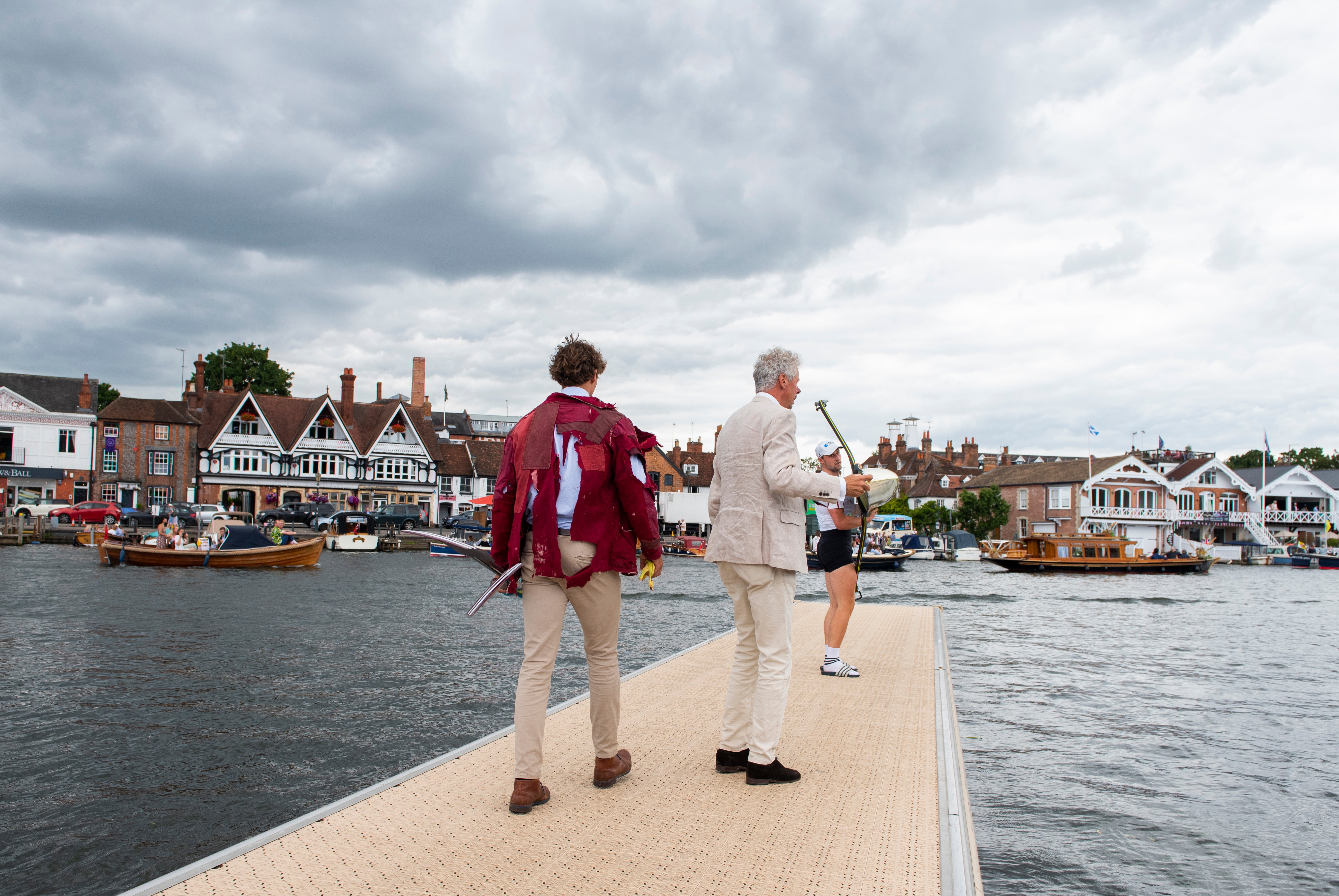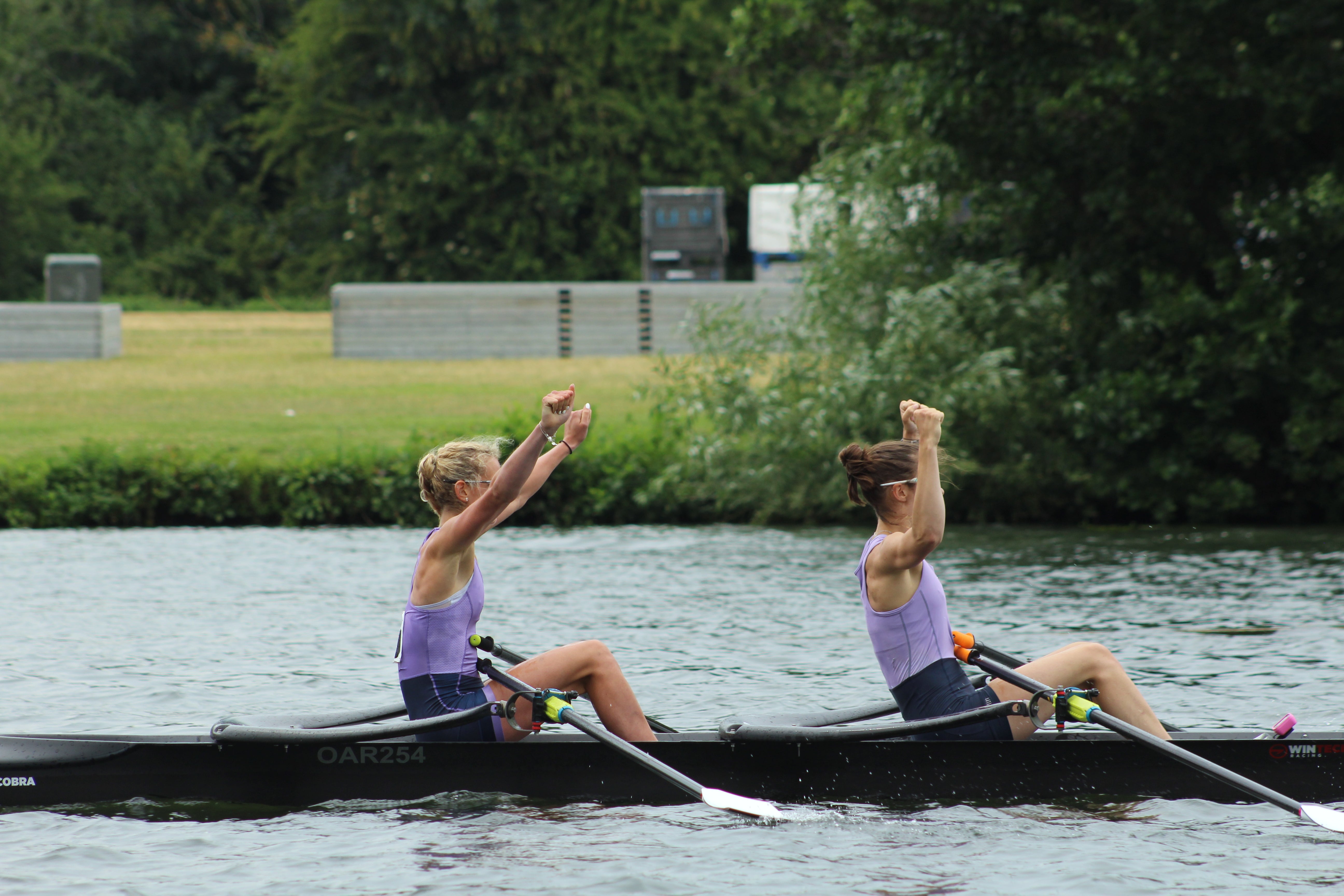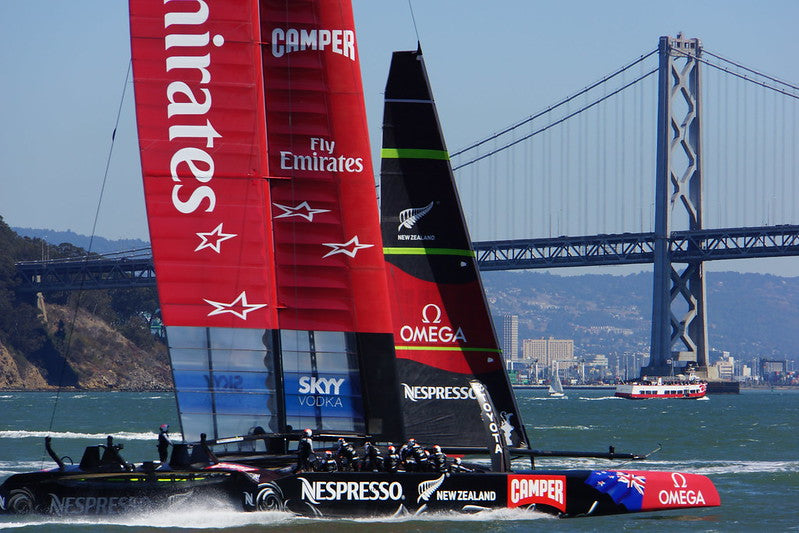How Does Rowing Stay Relevant?

It’s a question that haunts every performance director, executive, and marketing mogul associated with our sport. In a world where technology has reinvented the art of the possible, sport is developing into an environment whereby spectators and enthusiasts can be, and feel, part of the action, to such an extent that partisanship within the major sports is arguably at an all-time high.
Rowing is not an activity traditionally associated with cutting edge technology or fan-focused advancement. In the UK, we’ve been treading the same pathway to success for many years now. Train begrudgingly through the cold winter months, with little to no racing of note to focus the mind, before competing in a smattering of summer regattas all aimed towards an inevitable peak at one of a select few events.
This approach to training and racing appears to breed tough, competitive athletes – or at least, it did.
This approach to training and racing appears to breed tough, competitive athletes – or at least, it did. Team GB’s performances at the Tokyo 2020 Olympics (excluding the stellar performances of our Paralympic squad, who generally do not partake in the same schedule) left a lot to be desired and must surely prompt a re-think – are we getting our approach to racing, and the sport, right?
Just take a look across the pond. Their style of racing, in my mind, is far superior and not only incentivizes the existing crop of athletes but advocates to those who are pondering involvement. Particularly at collegiate level - the season is based around match racing. One-on-one, winner takes all, along some of the most iconic stretches of water in the country. The rivalries that have stemmed from that form of competition span across centuries and generations, becoming an intrinsic part of the fabric of the respective institutions.
Seb Benzecry, who won The Boat Race in Cambridge colours this year, but attended Princeton for years before, gave a glowing recommendation for US-style competition. "A big part of rowing for a US college is the match racing, which is an incredibly fun way to race," he explained. "From the end of March to around May, every weekend brings a different one-on-one matchup between two Universities, and the results form a picture of overall rankings in each boat going into the 'Championship races' (Eastern Sprints, Pac-12s, IRAs, etc). The sense of rivalry and history in each race is palpable, and the tradition of 'betting shirts' - where the losing crew must give their shirts to their opposite men in the winning boat - furthers the sense of college pride associated with the racing."
Take the Harvard-Yale match. First established in 1859, the race is America's oldest collegiate athletic competition and a season unto itself as victory will make any campaign a success, while defeat can spoil an otherwise spectacular spring. The race attracts thousands of spectators and, like the Oxford-Cambridge Boat Races, is a legendary fixture in the rowing calendar. Yet, unlike the Oxbridge duel, it is one of many that occur on a near-weekly basis up and down the US and dictate the rhythm and pace of a frantic regatta season. In the UK, we’re faced with the prospect of three visits to a dreary Dorney Lake for a multi-lane miscellaneous or perhaps a trip to Nottingham and Holme Pierrepont.
Match racing goes on all the time in the UK – but why aren’t we talking about it? We should be building narratives and creating compelling rivalries that are attractive to the masses and, critically, corporate sponsorship. One of the key reasons Henley Royal Regatta has thrived above all else in the rowing world, beyond the pomp and circumstance, is the gladiatorial nature of the racing. We should be investing into creating local, regional, riverside rivalries that produce storylines and invigorate a sport that many of us view as a slow trudge to the summit of summer.
Half-hearted efforts have been made to reimagine our racing calendar.
Half-hearted efforts have been made to reimagine our racing calendar – the Power Sprints, infamous for their one-and-only day in the limelight, were British Rowing’s way of offering something different. In theory, I believe their instinct was right – we should be celebrating our sport, over spectator-friendly distances and in cities that have not always traditionally adopted rowing. The fact that they were only staged once speaks volumes.
Rowing needs to become sexier if we want to survive. Iterations of our discipline are being carved out and forming lives of their own – coastal rowing’s popularity has surged whilst ocean rowing is becoming a more fascinating proposition for the general public. Domestic rowing needs to find a way to stay true to the principles of elite sport, for those that want to pursue it, whilst creating room in the middle for those that just want to have fun. Rowing and racing does not need to be about tearing up a two kilometre lake 200 miles from home, finishing fourth and not stepping foot into competition for another month. It can be better, bigger, braver – and to do so, we might need to once again lean on our transatlantic cousins.
words by Junior Rowing News
photo by Brett Jordan on Unsplash








